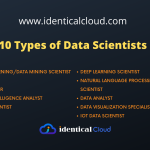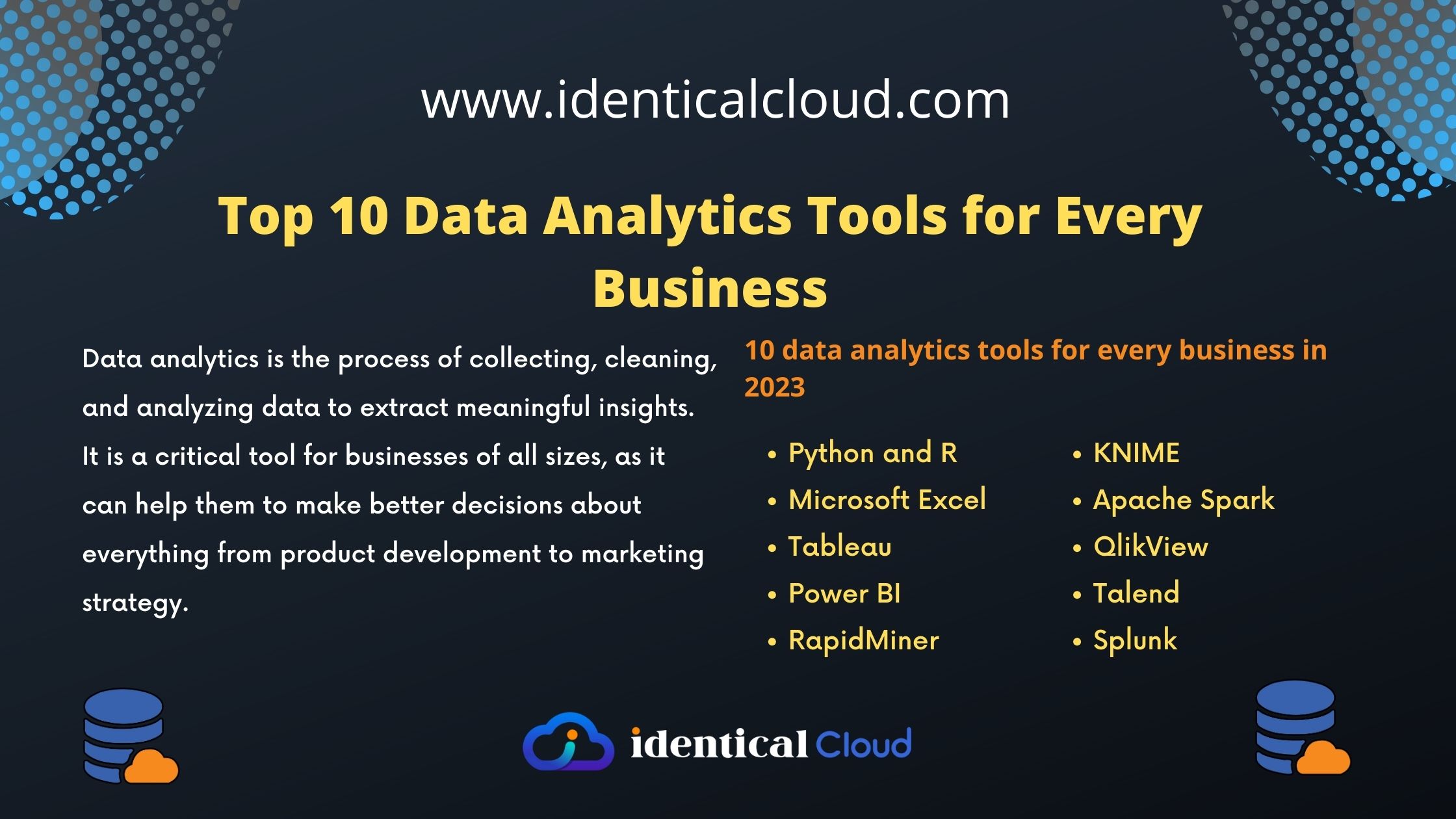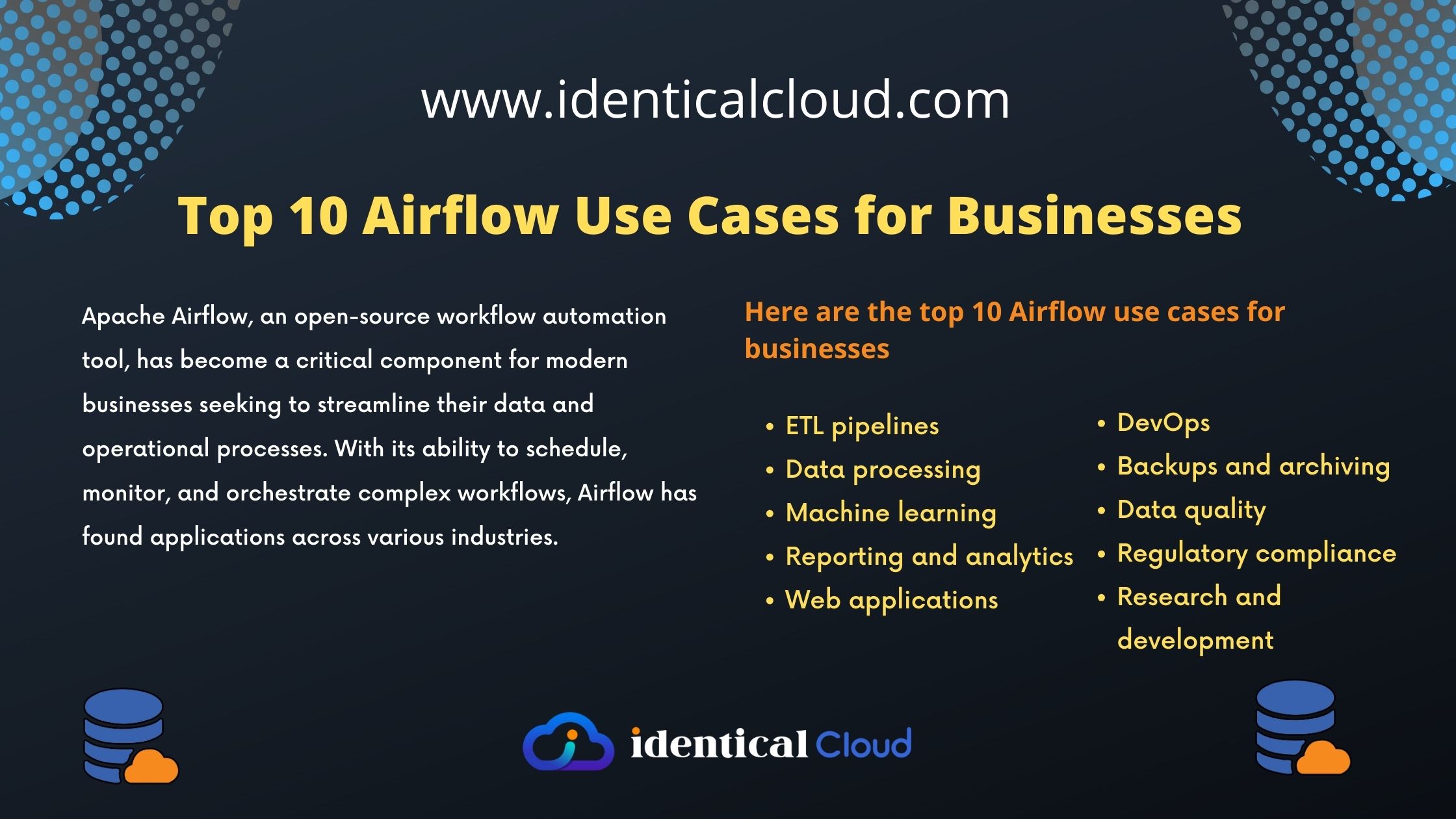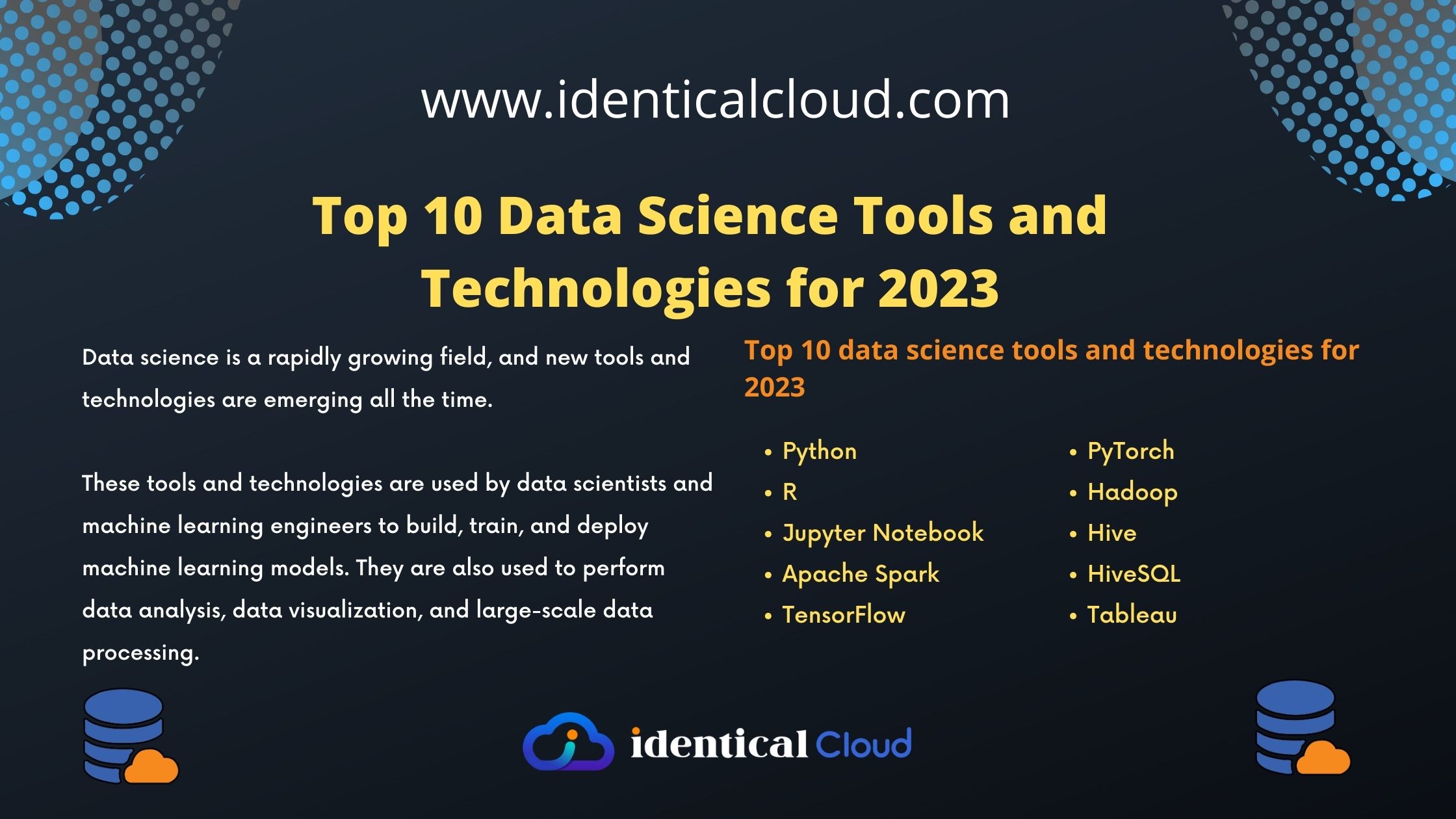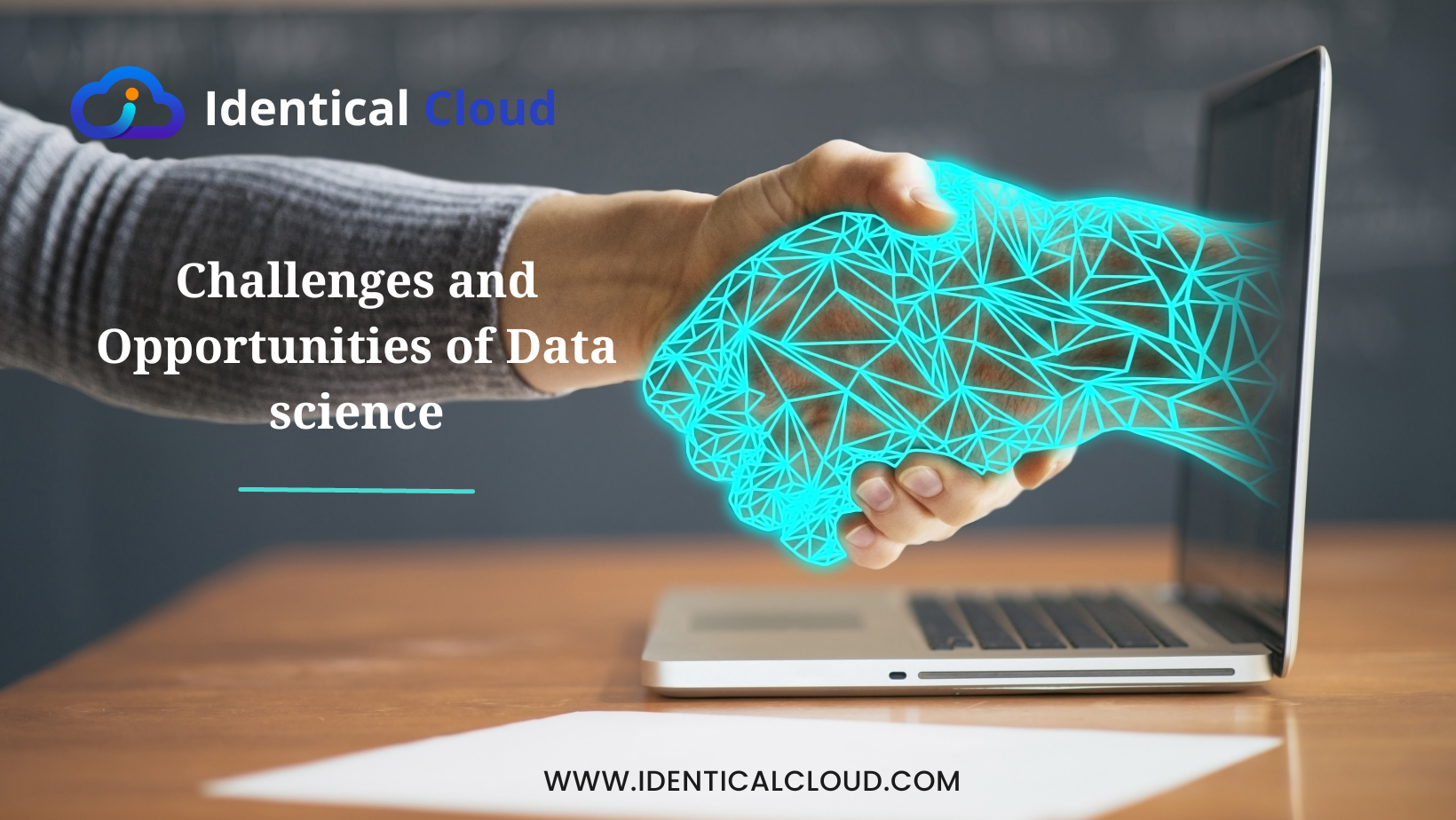
Challenges and Opportunities of Data science
Challenges and Opportunities of Data science
In the age of information, data has emerged as a transformative force, shaping industries, driving innovation, and reshaping the way we perceive the world. At the heart of this data revolution lies data science, a multidisciplinary field that blends advanced techniques, algorithms, and domain expertise to extract meaningful insights from vast datasets. While data science presents unparalleled opportunities, it also presents a unique set of challenges.
In this comprehensive blog, we delve into the challenges and opportunities that define the dynamic realm of data science.
What is Data science?
Data science is an interdisciplinary field that involves the use of scientific methods, algorithms, processes, and systems to extract insights and knowledge from structured and unstructured data. It combines elements from various disciplines such as statistics, computer science, machine learning, domain knowledge, and data engineering to analyze and interpret complex data sets.
At its core, data science revolves around converting raw data into actionable insights, predictions, and recommendations that can drive informed decision-making and solve real-world problems. It encompasses a range of activities, including data collection, data cleaning and preprocessing, exploratory data analysis, feature engineering, modeling, and data visualization.
Key components of data science include:
- Data Collection: Gathering data from various sources, such as databases, sensors, social media, and more.
- Data Cleaning and Preprocessing: Ensuring data quality by handling missing values, outliers, and noise, and converting data into a suitable format.
- Exploratory Data Analysis (EDA): Analyzing and visualizing data to uncover patterns, relationships, and trends, often using techniques like histograms, scatter plots, and correlation matrices.
- Feature Engineering: Selecting, transforming, and creating relevant features or variables from the raw data to improve the performance of machine learning models.
- Machine Learning: Building and training models that can make predictions or classifications based on historical data. Common techniques include regression, classification, clustering, and deep learning.
- Data Visualization: Creating informative and visually appealing charts, graphs, and dashboards to communicate insights and findings.
- Model Evaluation and Selection: Assessing the performance of machine learning models and selecting the best one for the specific problem at hand.
- Model Deployment: Integrating the trained model into a production environment to make real-time predictions or automate decision-making.
- Domain Knowledge: Incorporating subject-matter expertise to interpret results and extract meaningful insights from data.
Data science has applications in a wide range of fields, including business, healthcare, finance, marketing, social sciences, and more. It plays a crucial role in solving complex problems, optimizing processes, improving customer experiences, and driving innovation. As data availability continues to grow, the role of data scientists becomes increasingly important in leveraging data to extract value and drive positive outcomes.
Challenges of Data Science:
- Data Quality and Reliability: The foundation of data science rests on the quality and reliability of data. Inaccurate, incomplete, or biased data can lead to faulty analyses and misguided decisions.
- Data Privacy and Ethics: As data collection and analysis grow more sophisticated, the ethical implications of handling sensitive and personal data become paramount. Striking a balance between data-driven insights and user privacy poses a significant challenge.
- Complexity and Scale: The sheer volume and complexity of modern datasets require advanced tools and techniques to process and analyze. Big data challenges involve storage, processing, and extraction of meaningful patterns.
- Talent Shortage: The demand for skilled data scientists often outpaces the supply. Organizations struggle to find professionals with the right blend of technical skills and domain knowledge.
- Interdisciplinary Collaboration: Data science often involves collaboration across various disciplines, requiring effective communication between data scientists, domain experts, and stakeholders.
- Model Interpretability: Complex machine learning models can be difficult to interpret, leading to challenges in explaining model decisions to non-technical stakeholders.
Opportunities in Data Science:
- Informed Decision-Making: Data science empowers organizations to make informed, evidence-based decisions, leading to improved efficiency, effectiveness, and competitive advantage.
- Predictive Analytics: By analyzing historical data, data science enables accurate predictions of future trends, behavior, and outcomes.
- Personalization and Customer Insights: Data science drives personalized experiences by analyzing customer behavior and preferences, enhancing user engagement and satisfaction.
- Healthcare Advancements: Data science is revolutionizing healthcare through predictive diagnosis, drug discovery, and personalized treatment plans.
- Financial Modeling: Data-driven algorithms enhance risk assessment, fraud detection, and portfolio optimization in the financial sector.
- Automation and Efficiency: Data science powers process automation, reducing manual tasks and optimizing resource allocation.
- Environmental Sustainability: Data science contributes to environmental monitoring, resource optimization, and climate change analysis.
- Research and Innovation: Data science accelerates scientific research by analyzing complex datasets and uncovering patterns that advance knowledge.
In the ever-evolving landscape of data science, challenges and opportunities walk hand in hand. The complexities of handling data are met with the potential to transform industries, drive innovation, and shape a more informed world. By addressing challenges such as data quality, privacy, and talent shortage, organizations can fully harness the opportunities to make data-driven decisions, uncover insights, and drive positive change. As data science continues to reshape our world, those who navigate the challenges and seize the opportunities stand to unlock a realm of possibilities limited only by the boundaries of imagination and innovation.

